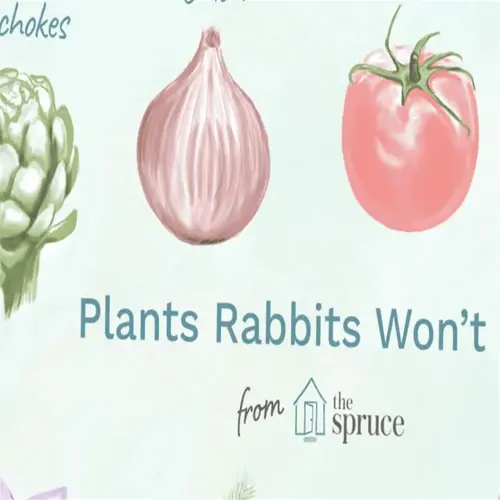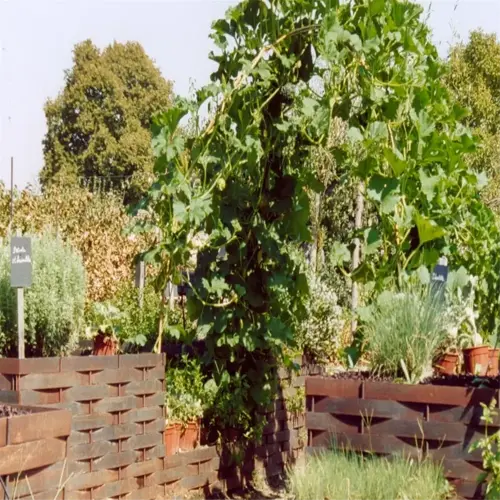What are signs of unhealthy plant roots?

Written by
Nguyen Minh
Reviewed by
Prof. Charles Hartman, Ph.D.Unhealthy plant roots usually hide out of sight until their leaves start screaming for help. I have dug root balls that stink of rot, and what was once white root tendrils are now dark and slimy. The roots could then reset their process of taking up water, resulting in brown leaf edges that look burned, like parchment. If you check the roots for repotting, you will mostly save the plant.
Visual Clues
- Healthy roots: firm, white/tan with earthy scent
- Unhealthy roots: mushy, blackened, foul odor
- Root tips should look like fresh asparagus, not overcooked noodles
Behavioral Red Flags
- Soil dries slower than usual (root rot)
- Plant wobbles loosely in pot (root loss)
- New leaves stay small despite care
Rescue Steps
- Trim rotten roots with sterilized shears
- Soak remaining roots in 1:10 hydrogen peroxide solution
- Repot in fresh, well-draining soil
Typically, root-related problems develop underground. The brown edges of my aloe vera leaves caused me confusion for a long time until I discovered root rot due to sitting in a pot that drained poorly. I repotted the aloe vera in terracotta and added 30% perlite, giving it new life! Now, I check the roots every year! I've learned that prevention is better than being forced to be proactive and assess root health.
It's not just the watering that is at fault. Compacting soil robs the roots of the oxygen they so desperately need, and gets mistaken for rot symptoms. The easiest fix is to aerate these dense mixes using either orchid bark or pumice. I saved a parlor palm by loosening the root ball of the plant, then gently shaking it to release the trapped roots and allow them to breathe and drink properly.
Potting Mix
- Use chunky blends: 2 parts soil, 1 part perlite
- Avoid fine particles that compact over time
- Refresh soil every 12-18 months
Watering Tools
- Moisture meters prevent overwatering guesswork
- Self-watering pots for consistent moisture
- Bottom watering encourages deep root growth
Read the full article: Understanding and Fixing Brown Leaf Edges on Plants

